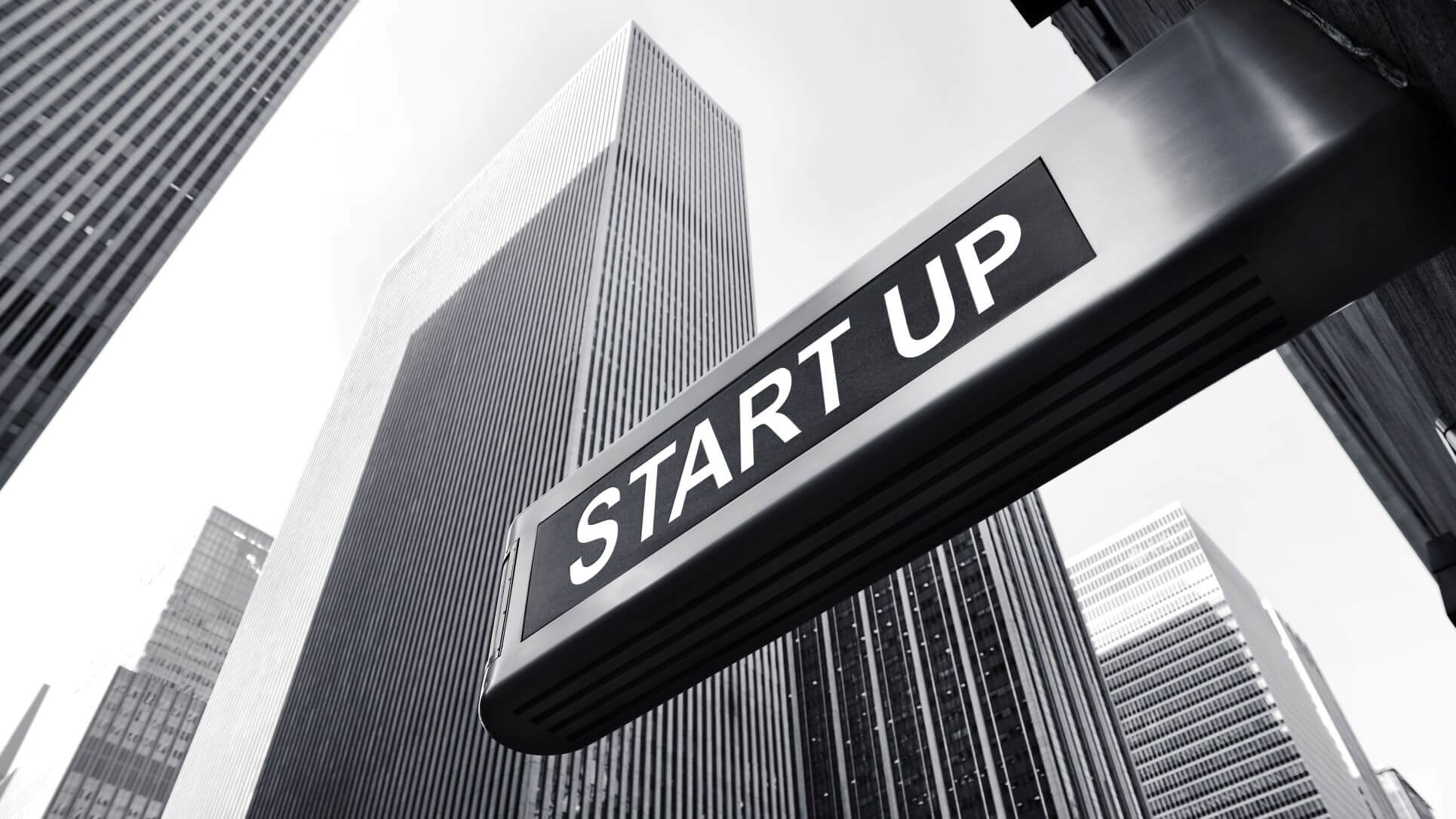What Can All Businesses Learn From Start-Ups In A Global Pandemic?
Agility and scalability will be key factors in the recovery.

The last year has been a whirlwind to say the least. Many of us left our desks in March 2020 thinking we’d be back in the office in a couple of weeks.
However, after almost after a year of working from home, I’m sure many of us have had nightmares about what could be growing in our desk drawers. For many businesses this transition was a shock to the system.
After years of their employees conducting their daily commutes and filtering into their offices the way they had always done, they had to adapt basically overnight and turn their physical offices virtual.
The fact that this resulted in the highest growth in worldwide PC shipments in the last 10 years suggests that many businesses weren’t quite set up for employees working from home.
For a lot of businesses, it highlighted how rigid their current setups were and how vulnerable they were to risk and change. While the pandemic was undeniably an extreme and sudden event, the needs and expectations of your market, employees, partners, and customers have and will continue to evolve regardless.
In this day-and-age, there isn’t really a ‘normal’ scenario your business should be built for. You need to be set up for change on any level or scale, so you can adapt to developing conditions and be malleable enough to capitalise on opportunities as and when they arise.
The Start-Up Setup: A Study
Start-ups have had a particularly tough time during the pandemic, but many medium to large businesses can learn a lot from the start-up mentality. For many, remote working has been the norm for years as a way to keep capital expenditure low.
Employees have used cloud-based solutions to keep in contact, collaborate, and foster creativity from the comfort of their homes. This approach can provide them with the agility to respond to dynamic situations.
Equally, start-ups need to be in a position to scale up and down as per the needs of the business, at a moment’s notice. An obvious ambition for start-ups is to grow and scale upwards, but they also need to be in a position to scale down and not waste precious investment where it isn’t needed.
This agility and scalability has helped many smaller businesses respond quickly to changing situations, and some start-ups are even in a position to hire again despite the impact of COVID-19.
It has also helped some companies to be in the best position to innovate and grow by responding to new market needs. For many, the technology setup issue has not been a barrier to their journey, but a catalyst for growth during this turbulent time.
Avoid Becoming a Prisoner to Your Tech
Today, the needs of medium and larger organisations are not too dissimilar to those of start-ups – the pandemic has opened many businesses’ eyes to this.
There are many medium and larger companies who have already ensured their technology can respond to the natural ebbs and flows of business and beyond.
These have included retailers who were able to scale up their online operations quickly to capitalise on the ecommerce boom, live music promotors that turned normally in-person shows to livestream events, and one of the most poignant examples – manufacturers who switched to creating PPE and equipment for NHS workers.
In contrast, those with an ‘if it isn’t broken, don’t fix it’ approach have found it much more difficult to adapt. Some even had opportunity literally thrown at them and they unfortunately couldn’t make any use of it. Some major retailers saw their websites crash due to a spike in demand. This isn’t even a pandemic-specific event; it happens to businesses every year.
Many of these businesses have had legacy systems in place that have perhaps seen them through many years of operation but are no longer fit for purpose in a continually evolving business landscape. When the world changed, they were locked in without the flexibility to change tack and this resulted in several of them disappearing or becoming irrelevant.
Technology shouldn’t just be seen as a tool for the day-to-day, but also as a means to achieving long-term operational resilience. Over the next year, in lockdown or out of it, we’ll see more businesses of all sizes relying heavily on their cloud-based technology to keep running.
As the world continues on the unpredictable path that is 2021, having the start-up-like qualities of agility and scalability will be key to larger businesses succeeding and fostering business growth.
Tom Cotton is Agile Workspace Technical Director at Six Degrees.
Thanks for signing up to Minutehack alerts.
Brilliant editorials heading your way soon.
Okay, Thanks!

